Secretary of State for Maputo province visits Pure Diets' Greenfield project for organic sugar cane ...
World Bank supports irrigation programme in Mozambique with US$80 million
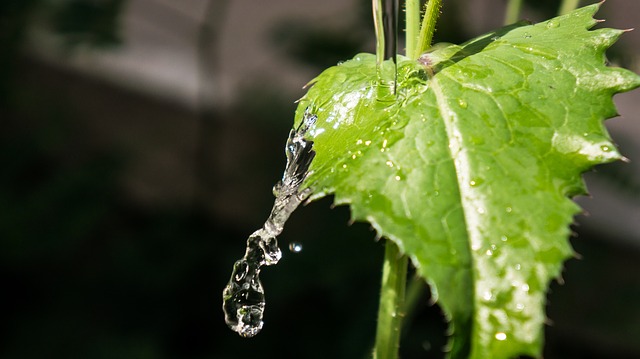
File photo
The World Bank, as from July this year, will disburse 80 million US dollars, for the “Project for Irrigation and Market Access for Small Farmers” (IRRIGA) in central and northern Mozambique.
Speaking on Tuesday, World Bank senior official Aniceto Bila told reporters that the project will support peasant farmers in the central provinces of Manica, Sofala and Zambezia and the northern province of Nampula.
The money will be disbursed over six years, covering an area of 7,000 hectares and benefiting 14,000 farmers.
Bila was speaking to journalists in the town of Vanduzi, in Manica, during a visit by a World Bank team intended to assess activities undertaken by a predecessor project, the Sustainable Irrigation Development Project (PRIORI), which is due to end in December.
He said the fundamental goal of the IRRIGA project will be supporting the expansion and development of irrigation to increase the production and income of the households covered by the project.
“With the development of irrigation, it is possible to produce all year round, and to increase production”, said Bila. “There are great gains for producers because they cease to depend solely on the rainy season to produce. With climate change, it is important to stimulate production during all seasons of the year”.
Summarising PROIRI, Bila said the results are satisfactory. During the seven years of implementation, 2,500 hectares of irrigated land were worked (out of the 3,000 initially planned. He was optimistic that, by December, the project’s targets will have been reached in Manica, Sofala and Zambezia.
“These hectares are operational. But we want to close the first phase with 3,000 hectares”, he added. “We believe we shall achieve this plan, because we are continuing until December, and the results are encouraging, judging by the level of involvement of the population in agricultural production”.
Bila said that since 2011, PRIOR has absorbed 74.25 million dollars, 60 million financed by the World Bank, while the remaining 14.25 million dollars was a grant from the Japanese government. The programme benefitted 7,000 farmers.
“The goal is to improve the living conditions of the people, and we think we achieved that goal”, Bila added. “Today large scale production is under way on those areas. We feel very pleased, because we feel we have achieved what we wanted. Now we are seeing if we can enter this second programme, but in the same area of intervention”.



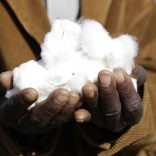
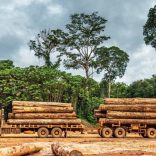
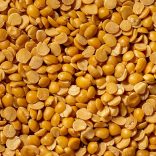
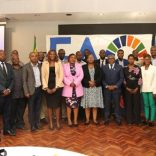
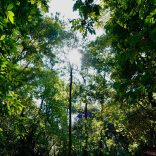





Leave a Reply
Be the First to Comment!
You must be logged in to post a comment.
You must be logged in to post a comment.